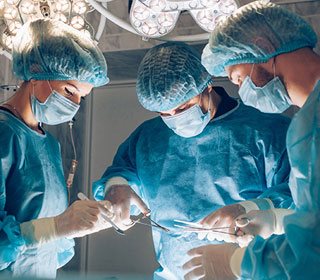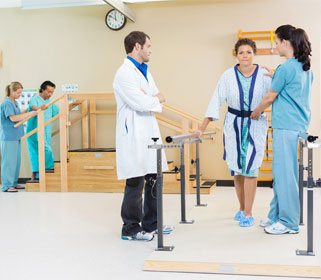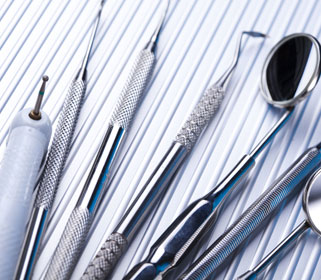Home » Medical Supplies & Equipment » You Don't Need to Be a Doctor to Find the Right Basic Surgical Instruments » You Don't Need to Be a Doctor to Find the Right Basic Surgical Instruments
You Don't Need to Be a Doctor to Find the Right Basic Surgical Instruments
For the hospitals and many clinics which offer surgical procedures, there always seems to be a need to have an ample supply of on hand. Stocking your facility with the proper products and amounts will ensure that you have exactly what you will need in order for the surgeons to perform to the best of their abilities. Surgeries save lives, and if there is not a well stocked supply cabinet full of various basic surgical instruments, then those procedures cannot be performed and patients health could be at risk.
When you are looking for supplies to provide your surgeons, you will need to take into account many considerations. Perhaps one of the primary guides for narrowing down your choices should be the specialty of the surgeon. An eye surgeon will have different basic surgical instruments than an orthopedist will. The specialist's preferences as far as sizes, materials and brands should also be closely followed if at all possible. After all, he will be the one who is to use the products, and his comfort level with the instruments will determine his performance in the operating room. Basic surgical instruments will need to be crafted of durable, long-lasting materials. Titanium is a good lightweight option for lens of surgical magnifying loupes. Stainless steel is ideal for other forms of metal instruments. The pieces will need to be rust-proof especially if they are to be repeatedly put through the high steam heat of an autoclave. The durability of the instruments will determine their life-span after putting them through the sanitizing rigors of an autoclave or chemiclave.
All basic surgical instruments will need to be sterilized at some time or another. Today, many pieces are individually wrapped and intended for single use only, but there are still selections of products which are reusable. Single use instruments need to be sanitized prior to disposal. This prevents contamination of the local landfills. Sanitation of these can be accomplished by incineration, but that option is no longer allowed in many municipalities due to pollution regulations. You could sterilize single use surgical instrument basic products in the same manner that you do reusable goods � through the use of an autoclave or chemiclave.
Once you have selected your basic instruments for surgery, you will need to consult the manufacturer's instructions to determine the best method of cleaning and sterilizing the pieces. Some materials, such as rubbers, cannot be put through an autoclave, and other materials such as neoprene and latex can only be autoclaved at temperatures of 250 degrees Fahrenheit for no more than 15 minutes. If those materials are subjected to higher temperatures or for longer periods of time, the material itself could become cracked or damaged.
In order to find the best basic surgical instruments for your facility as the specialists who will be using them. They are more likely to be aware of the exact pieces that they will need for their practice and to allow them to perform their best in the operating room.













